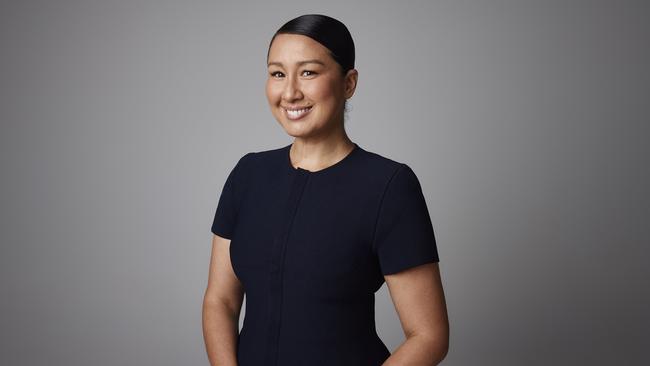Generations are divided as notion of unconditional mateship is challenged
Despite the prevailing narrative of “openness” and “inclusivity”, are young Australians less tolerant and more polarised?

The idea of mateship is common in many countries but holds a special meaning in Australia.
We craft mythology around mateship, whether it surrounds bush writers, ANZAC legends, or Julian Wilson, Mick Fanning’s friend and fellow surfer, who swam towards the shark when his mate came under attack in 2015.
However, a new study by Leo Burnett, the UTS Business School and Zenith Media reveals that a future, younger Julian may want to know about Mick’s politics before helping him out.
The 2024 Good Study found that 81 per cent of Aussie Boomers said they would help someone in need, even if they strongly disagreed with their point of view, compared to only 65 per cent of Aussie Gen Zs.
Ninety five per cent of Boomers believe all Australians deserved a fair go, even if they had different political and religious beliefs, compared to 79 per cent of Gen Z.
And 94 per cent of Boomers believe it’s important to do the right thing by others, even if they disagree and hold different political beliefs, compared to 75 per cent of Gen Z.
This chasm is significant and surprising. Despite the prevailing narrative of openness and inclusivity, are young Australians less tolerant and more polarised?
When looking for clues to understand this pattern, the wider culture surrounding and influencing our youth can help.
The study found almost one in four Gen Zs don’t rely on any media outlets for news, 71 per cent turn to social media. And it’s well established that social media has become an echo chamber that reinforces someone’s worldview, designed to optimise engagement, not to broaden or challenge perspectives.
Influencers, who shape lifestyle and buying behaviours, trade in binary extremes for views. Some social psychologists believe they are exploiting and amplifying information which is warping how we learn from each other.
A study of 353,320 English song lyrics spanning five decades found songs have become more negative in terms of being sadder, angrier, and more insular. They focus far more on the individual than the collective.
And whether it’s due to the cost-of-living crisis, changing drinking habits, the impacts of the pandemic on our social lives or the influence of apps on our dating lives, young people are going out less and experiencing less of the communal bonds that these events can offer.
The culture surrounding Australian young people has become increasingly atomised and self-referencing.
However, there is a hopeful silver lining. The study reveals that efforts to create social togetherness have jumped significantly, increasing 39 per cent over the last two years to represent 73 per cent of Australians.
In fact, Gen Zs want these actions more than Boomers do.
Young Australians are seeking out acts of togetherness – as long as they reflect their world view.
Catherine King is chief strategy officer at Leo Burnett Australia.






